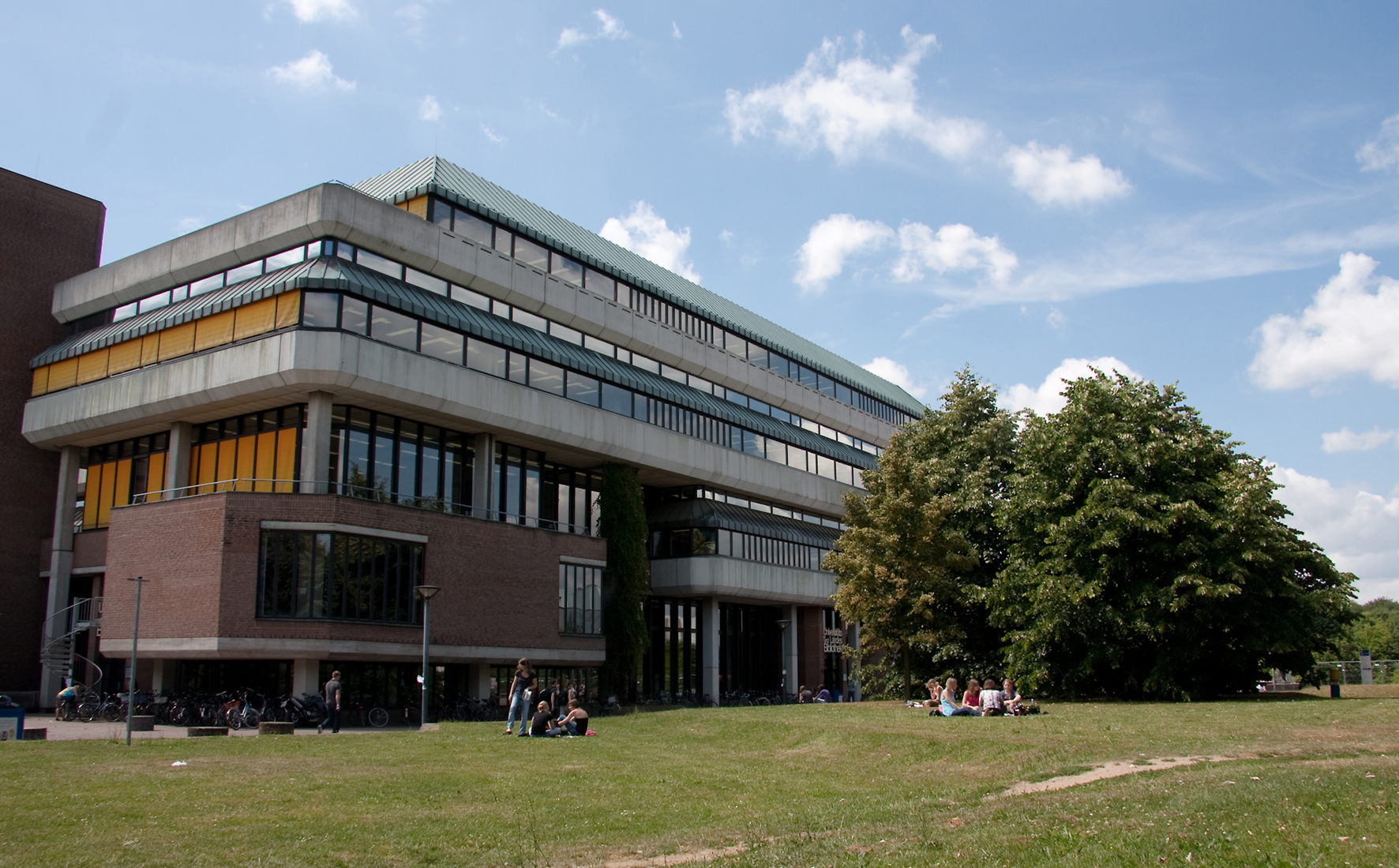|
Joseph Zu Salm-Reifferscheidt-Dyck
Joseph Franz Maria Anton Hubert Ignatz Fürst und Altgraf zu Salm-Reifferscheidt-Dyck (4 September 1773 at Castle Dyck near Neuss – 21 March 1861 in Nice) was a German amateur botanist and owner of Castle Dyck. Dyck was a member of an important aristocratic family that had ruled a small territory until the mediatisation of small German states in the early 19th century. His wife, Constance de Salm Princess Constance de Salm (7 September 1767 – 13 April 1845) was a French poet and miscellaneous writer. She wrote a series of poetical "Epistles", one "To Women", another "On the Blindness of this Age". She also wrote, ''My Threescore Years'' ( ..., was a poet and miscellaneous writer. Works * ''Monographia generum Aloes et Mesembryanthemi'': ** ''Fasciculus 1'' . Arnz, Düsseldorpii 836Digital editionby the University and State Library Düsseldorf ** ''Fasciculus 2'' . Arnz, Düsseldorpii [1836Digital editionby the University and State Library Düsseldorf ** ''Fasciculus 3 ... [...More Info...] [...Related Items...] OR: [Wikipedia] [Google] [Baidu] |
Neuss
Neuss (; spelled ''Neuß'' until 1968; li, Nüss ; la, Novaesium) is a city in North Rhine-Westphalia, Germany. It is located on the west bank of the Rhine opposite Düsseldorf. Neuss is the largest city within the Rhein-Kreis Neuss district. It is primarily known for its historic Roman sites, as well as the annual Neusser Bürger-Schützenfest. Neuss and Trier share the title of "Germany's oldest city"; and in 1984 Neuss celebrated the 2000th anniversary of its founding in 16 BCE. History Ancient Rome Neuss was founded by the Romans in 16 BC as a military fortification (''castrum'') with the current city to the north of the castrum, at the confluence of the rivers Rhine and Erft, with the name of Novaesium. Legio XVI Gallica ("Gallic 16th Legion") of the Roman army was stationed here in 43-70 AD. It was disbanded after surrendering during the Batavian rebellion (AD 70). Later a civil settlement was founded in the area of today's centre of the town during the 1st centur ... [...More Info...] [...Related Items...] OR: [Wikipedia] [Google] [Baidu] |
Nice
Nice ( , ; Niçard: , classical norm, or , nonstandard, ; it, Nizza ; lij, Nissa; grc, Νίκαια; la, Nicaea) is the prefecture of the Alpes-Maritimes department in France. The Nice agglomeration extends far beyond the administrative city limits, with a population of nearly 1 millionDemographia: World Urban Areas , Demographia.com, April 2016 on an area of . Located on the , the southeastern coast of France on the , at the foot of the |
Constance De Salm
Princess Constance de Salm (7 September 1767 – 13 April 1845) was a French poet and miscellaneous writer. She wrote a series of poetical "Epistles", one "To Women", another "On the Blindness of this Age". She also wrote, ''My Threescore Years'' (1833); ''The Twenty-Four Hours of a Sensible Woman''; and ''Cantata on the Marriage of Napoleon''. Through her second marriage, she became Princess of Salm-Reifferscheid-Dyck. Salm was "the first woman to be admitted to the Lyceum des Arts". Early years Constance-Marie de Théis was born in Nantes on 7 September 1767. She was baptized in the parish of Saint-Similien. Her father, Marie-Alexandre de Theis, was a poet who also wrote comedies. During her childhood, her father retired and family moved to Picardy, the family seat, where she received a "brilliant education". At the age of fifteen, she spoke several languages, and learned musical composition. She also took an early interest in literature, especially poetry. Career In 1789, she ma ... [...More Info...] [...Related Items...] OR: [Wikipedia] [Google] [Baidu] |
German Mediatisation
German mediatisation (; german: deutsche Mediatisierung) was the major territorial restructuring that took place between 1802 and 1814 in Germany and the surrounding region by means of the mass mediatisation and secularisation of a large number of Imperial Estates. Most ecclesiastical principalities, free imperial cities, secular principalities, and other minor self-ruling entities of the Holy Roman Empire lost their independent status and were absorbed into the remaining states. By the end of the mediatisation process, the number of German states had been reduced from almost 300 to just 39. In the strict sense of the word, mediatisation consists in the subsumption of an immediate () state into another state, thus becoming ''mediate'' (), while generally leaving the dispossessed ruler with his private estates and a number of privileges and feudal rights, such as low justice. For convenience, historians use the term ''mediatisation'' for the entire restructuring process that to ... [...More Info...] [...Related Items...] OR: [Wikipedia] [Google] [Baidu] |
University And State Library Düsseldorf
The University and State Library Düsseldorf (german: Universitäts- und Landesbibliothek Düsseldorf, abbreviated ULB Düsseldorf) is a central service institution of Heinrich Heine University. Along with Bonn and Münster, it is also one of the three State Libraries of North Rhine-Westphalia. Tradition and Modernity From 1965 to 1969, the University and Library Düsseldorf gradually developed out of the Medical Academy in Düsseldorf. There is no real founding year of the ULB, but the foundation stone for an integrated library system was laid when the former State and City Library of Düsseldorf was taken over by the university in 1970 and merged with the Central Library of the former Medical Academy. Structure and Holdings The ULB consists of one central library and four decentralized locations. Management and media processing are organized centrally. Catalogues, databases, e-books and e-journals are accessible throughout the whole university as well as at home via the lib ... [...More Info...] [...Related Items...] OR: [Wikipedia] [Google] [Baidu] |
1773 Births
Events January–March * January 1 – The hymn that becomes known as ''Amazing Grace'', at this time titled "1 Chronicles 17:16–17", is first used to accompany a sermon led by curate John Newton in the town of Olney, Buckinghamshire, England. * January 12 – The first museum in the American colonies is established in Charleston, South Carolina; in 1915, it is formally incorporated as the Charleston Museum. * January 17 – Second voyage of James Cook: Captain Cook in HMS Resolution (1771) becomes the first European explorer to cross the Antarctic Circle. * January 18 – The first opera performance in the Swedish language, ''Thetis and Phelée'', performed by Carl Stenborg and Elisabeth Olin in Bollhuset in Stockholm, Sweden, marks the establishment of the Royal Swedish Opera. * February 8 – The Grand Council of Poland meets in Warsaw, summoned by a circular letter from King Stanisław August Poniatowski to respond to the Kingdom's threate ... [...More Info...] [...Related Items...] OR: [Wikipedia] [Google] [Baidu] |
1861 Deaths
Statistically, this year is considered the end of the whale oil industry and (in replacement) the beginning of the petroleum oil industry. Events January–March * January 1 ** Benito Juárez captures Mexico City. ** The first steam-powered carousel is recorded, in Bolton, England. * January 2 – Friedrich Wilhelm IV of Prussia dies, and is succeeded by Wilhelm I. * January 3 – American Civil War: Delaware votes not to secede from the Union. * January 9 – American Civil War: Mississippi becomes the second state to secede from the Union. * January 10 – American Civil War: Florida secedes from the Union. * January 11 – American Civil War: Alabama secedes from the Union. * January 12 – American Civil War: Major Robert Anderson sends dispatches to Washington. * January 19 – American Civil War: Georgia secedes from the Union. * January 21 – American Civil War: Jefferson Davis resigns from the United States Senate. * January 26 ... [...More Info...] [...Related Items...] OR: [Wikipedia] [Google] [Baidu] |
Members Of The Prussian House Of Lords
Member may refer to: * Military jury, referred to as "Members" in military jargon * Element (mathematics), an object that belongs to a mathematical set * In object-oriented programming, a member of a class ** Field (computer science), entries in a database ** Member variable, a variable that is associated with a specific object * Limb (anatomy), an appendage of the human or animal body ** Euphemism for penis * Structural component of a truss, connected by nodes * User (computing), a person making use of a computing service, especially on the Internet * Member (geology), a component of a geological formation * Member of parliament * The Members, a British punk rock band * Meronymy, a semantic relationship in linguistics * Church membership, belonging to a local Christian congregation, a Christian denomination and the universal Church * Member, a participant in a club or learned society A learned society (; also learned academy, scholarly society, or academic association) is an ... [...More Info...] [...Related Items...] OR: [Wikipedia] [Google] [Baidu] |
19th-century German Botanists
The 19th (nineteenth) century began on 1 January 1801 ( MDCCCI), and ended on 31 December 1900 ( MCM). The 19th century was the ninth century of the 2nd millennium. The 19th century was characterized by vast social upheaval. Slavery was abolished in much of Europe and the Americas. The First Industrial Revolution, though it began in the late 18th century, expanding beyond its British homeland for the first time during this century, particularly remaking the economies and societies of the Low Countries, the Rhineland, Northern Italy, and the Northeastern United States. A few decades later, the Second Industrial Revolution led to ever more massive urbanization and much higher levels of productivity, profit, and prosperity, a pattern that continued into the 20th century. The Islamic gunpowder empires fell into decline and European imperialism brought much of South Asia, Southeast Asia, and almost all of Africa under colonial rule. It was also marked by the collapse of the large S ... [...More Info...] [...Related Items...] OR: [Wikipedia] [Google] [Baidu] |
German Princes
German(s) may refer to: * Germany (of or related to) **Germania (historical use) * Germans, citizens of Germany, people of German ancestry, or native speakers of the German language ** For citizens of Germany, see also German nationality law **Germanic peoples (Roman times) * German language **any of the Germanic languages * German cuisine, traditional foods of Germany People * German (given name) * German (surname) * Germán, a Spanish name Places * German (parish), Isle of Man * German, Albania, or Gërmej * German, Bulgaria * German, Iran * German, North Macedonia * German, New York, U.S. * Agios Germanos, Greece Other uses * German (mythology), a South Slavic mythological being * Germans (band), a Canadian rock band * "German" (song), a 2019 song by No Money Enterprise * ''The German'', a 2008 short film * "The Germans", an episode of ''Fawlty Towers'' * ''The German'', a nickname for Congolese rebel André Kisase Ngandu See also * Germanic (other) * Germa ... [...More Info...] [...Related Items...] OR: [Wikipedia] [Google] [Baidu] |





.jpg)

